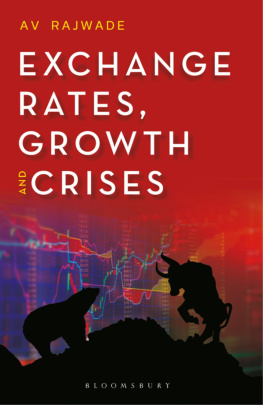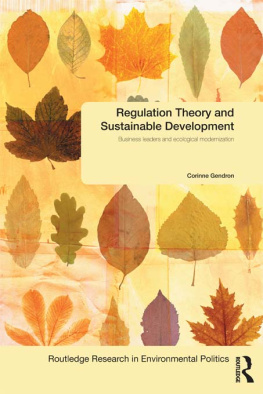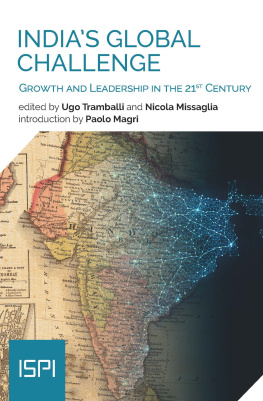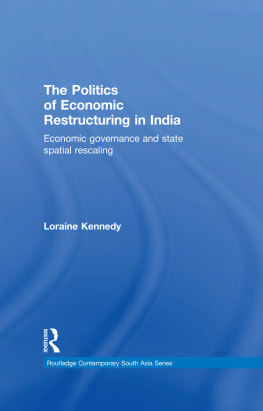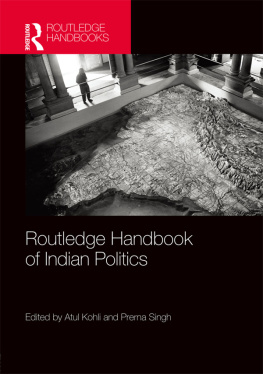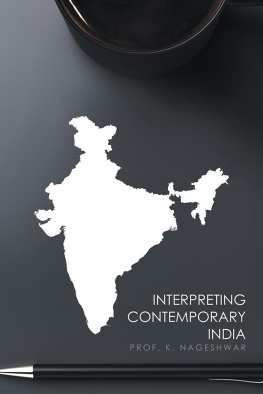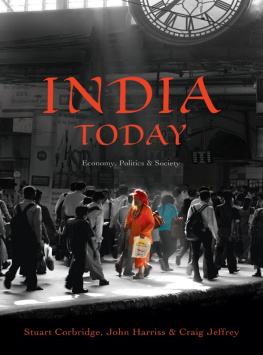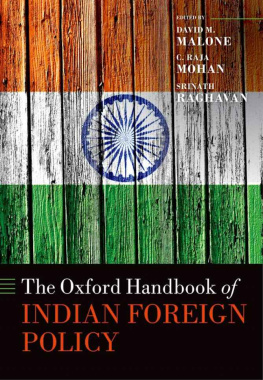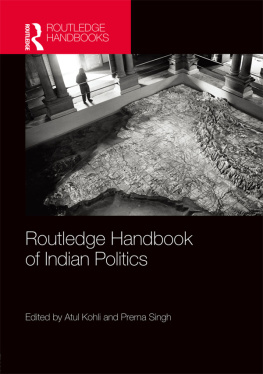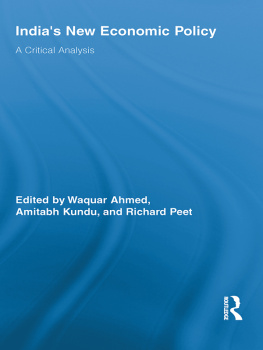India and the Age of Crisis
Much of the discussion of India in the public sphere has focused on economic policy settings and restructuring, annual growth rates, trade relations and the nations status as an economic and political actor within the international system. This collection considers other dimensions of socio-economic transformation in India and its profound impact on society and nature. While economic and ecological fragility are now very apparently problems of a global scale they are nevertheless grounded and experienced at the local scale where vulnerable and marginal people located in the urban periphery and in rural areas confront these crises most acutely. The studies in this collection encompass many of the most important social and political concerns of India in this age of crisis, namely, the politics of water resources and land acquisition and use; the interaction between food security, markets, and institutions; the politics and strategies of labour movements; narratives and practices of development and contestation over forms of agrarian production in India; the link between urbanisation and local class, caste and political actors; and the potential for civil society to either be co-opted or to contest neoliberal logics and forms of governance.
This book was published as a special issue of the South Asia: Journal of South Asian Studies.
Michael Gillan is an Associate Professor at the University of Western Australia. His current research interests include the role of Global Union Federations in employment relations in India and Indonesia; employment relations and global production networks; labour movements in India; and employment relations in Myanmar.
Rob Lambert is Winthrop Professor at the UWA Business School. He is the co-author of Grounding Globalization: Labour in the Age of Insecurity (Blackwell) and his research interests include trade unions and social movements in the neoliberal era.
India and the Age of Crisis
The Local Politics of Global Economic
and Ecological Fragility
Edited by
Michael Gillan and Rob Lambert
First published 2015
by Routledge
2 Park Square, Milton Park, Abingdon, Oxon, OX14 4RN, UK
and by Routledge
711 Third Avenue, New York, NY 10017, USA
Routledge is an imprint of the Taylor & Francis Group, an informa business
2015 Taylor & Francis
All rights reserved. No part of this book may be reprinted or reproduced or utilised in any form or by any electronic, mechanical, or other means, now known or hereafter invented, including photocopying and recording, or in any information storage or retrieval system, without permission in writing from the publishers.
Trademark notice: Product or corporate names may be trademarks or registered trademarks, and are used only for identification and explanation without intent to infringe.
British Library Cataloguing in Publication Data
A catalogue record for this book is available from the British Library
ISBN 13: 978-1-138-80571-2
ePub eISBN 13: 978-1-317-61684-9
Mobipocket/Kindle eISBN 13: 978-1-317-61683-2
Typeset in Times New Roman
by RefineCatch Limited, Bungay, Suffolk
Publishers Note
The publisher accepts responsibility for any inconsistencies that may have arisen during the conversion of this book from journal articles to book chapters, namely the possible inclusion of journal terminology.
Disclaimer
Every effort has been made to contact copyright holders for their permission to reprint material in this book. The publishers would be grateful to hear from any copyright holder who is not here acknowledged and will undertake to rectify any errors or omissions in future editions of this book.
Contents
Michael Gillan and Rob Lambert
Swapna Banerjee-Guha
Michael Gillan and Rob Lambert
Patrik Oskarsson
Bill Pritchard, Anu Rammohan and Madhushree Sekher
Trent Brown
Douglas P. Hill
Sarbeswar Sahoo
Tathagata Chatterji
The chapters in this book were originally published in the South Asia: Journal of South Asian Studies, volume 36, issue 2 (June 2013). When citing this material, please use the original page numbering for each article, as follows:
Chapter 1
Introduction: India and the Age of Crisis
Michael Gillan and Rob Lambert
South Asia: Journal of South Asian Studies, volume 36, issue 2 (June 2013) pp. 159164
Chapter 2
Accumulation and Dispossession: Contradictions of Growth and Development in Contemporary India
Swapna Banerjee-Guha
South Asia: Journal of South Asian Studies, volume 36, issue 2 (June 2013) pp. 165179
Chapter 3
Labour Movements and the Age of Crisis: Scale, Form and Repertoires of Action in India and Beyond
Michael Gillan and Rob Lambert
South Asia: Journal of South Asian Studies, volume 36, issue 2 (June 2013) pp. 180198
Chapter 4
Dispossession by Confusion from Mineral-Rich Lands in Central India
Patrik Oskarsson
South Asia: Journal of South Asian Studies, volume 36, issue 2 (June 2013) pp. 199212
Chapter 5
Food Security as a Lagging Component of Indias Human Development: A Function of Interacting Entitlement Failures
Bill Pritchard, Anu Rammohan and Madhushree Sekher
South Asia: Journal of South Asian Studies, volume 36, issue 2 (June 2013) pp. 213228
Chapter 6
Agrarian Crisis in Punjab and Natural Farming as a Response
Trent Brown
South Asia: Journal of South Asian Studies, volume 36, issue 2 (June 2013) pp. 229242
Chapter 7
Trans-Boundary Water Resources and Uneven Development: Crisis Within and Beyond Contemporary India
Douglas P. Hill
South Asia: Journal of South Asian Studies, volume 36, issue 2 (June 2013) pp. 243257
Chapter 8
Doing Development or Creating Dependency? NGOs and Civil Society in India
Sarbeswar Sahoo
South Asia: Journal of South Asian Studies, volume 36, issue 2 (June 2013) pp. 258272
Chapter 9
The Micro-Politics of Urban Transformation in the Context of Globalisation: A Case Study of Gurgaon, India
Tathagata Chatterji
South Asia: Journal of South Asian Studies, volume 36, issue 2 (June 2013) pp. 273287
Please direct any queries you may have about the citations to
clsuk.permissions@cengage.com
MICHAEL GILLAN,University of Western Australia
ROB LAMBERT,University of Western Australia
The interlocking crises of economy and work, finance and ecology, are now at the forefront of global public debate, politics and economic policy. Crisis is suggestive of urgency, rupture, and social dislocation. The term also indicates the potential for the transformation of ideas, institutions, and politics for, as Amartya Sen has noted, a crisis not only presents an immediate challenge that has to be faced. It also provides an opportunity to address long-term problems when people are willing to reconsider established conventions.
India also reflects these dynamics of global economic integration and crises. In this process, the uneven nature of Indias integration with the global economy may be an important variable, as with regard to the partial buffering effect of incomplete financial sector liberalisation.


